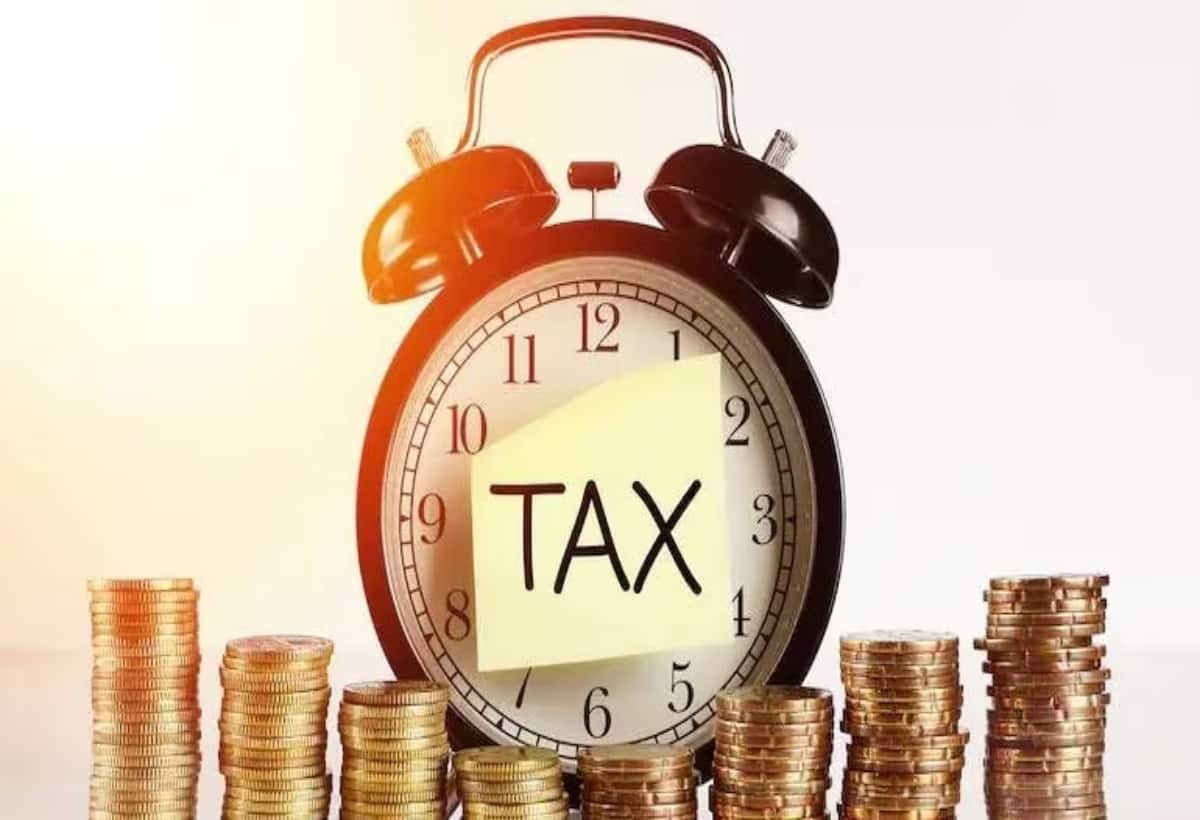
This financial year (2024-25) is going to end on 31 March. This is the time to calculate its income tax liability and submit the final installment of Advance Tax. Taxpayers have to pay income tax on the principle of ‘pay as you aron’. It is necessary for a person to pay the Advance Tax when his tax is made more than Rs 10,000 after adjusting TDS/TCS.
Who is required to deposit Advance Tax?
If the tax liability of a taxpayer is more than Rs 10,000 after adjusting TCS/TCS or MAT credit, then it is necessary to deposit the Advance Tax. However, Senior Citizens get some relief in this matter. People of over 60 years, who do not have any income from their business, are exempted from depositing advance tax.
How to make calculation and payment of Advance Tax?
Step 1: Select Tax Regime
Calculation of tax liability for individual and HUF taxpayers is based on the choice of Old or New Tax Regimm. If you do not know which of the two is beneficial for you, then you will have to do the calculation of tax in both the reizards and you have to select the regimen in which your tax is being reduced.
Taxpayers who have no business or professional income are allowed to switch between new reizards and old regiments every year. However, taxpayers who have business income are required to use their selected rezim until they permanently select Old Rezim.
If a taxpayer changes its regimen while filing income tax, then the calculation of his advance tax liability will be on the basis of the subsequent regimen. Then he will have to pay interest on the tax deposited.
Step 2: Adjust TCS/TDS Credit for Calculation of Net Tax Liability
The calculation of Advance Tax is based on the estimated income and applicable tax rate of the current year. After that TDS/TCS is adjusted to the total credit of taxpayer along with total tax liability.
You can see Form 26AS to check your TDS/TCS Credit. However, in Form 26, TDS/TCS Credit will be seen only if the Deed/Collector would have filed TDS returns. Between January 1, 2025 to 31 March, 2025, you have to estimate TDS/TCS Credit on your salary, interest or second source of income.
We can understand this with the help of an example. Suppose the total tax liability of a taxpayer is Rs 15,000 and the TDS/TCS credit amount is Rs 6,000, then its net tax liability will be Rs 9,000. He will not have to pay Advance Tax. However, if TDS/TCS is only Rs 4,900 and Net Tax Liability is Rs 10,100, then the taxpayer will have to submit advavings tax of Rs 10,100 in four installments.
Step 3: Calculation of installment
Advance tax is deposited in four installments. The date for this is already fixed. The calculation of each installment is in the percentage of total tax liability and it also includes the low amount of early payment.
| deadline | Payed Advance Tax Percent | If your net tax liability comes to Rs 1 lakh after adjusting TDS/TCS and Matt. |
| 15 June | 15% | 15000 rupees will have to be paid |
| 15 September | 45 percent | 30000 will have to be repaid (Total tax 45000) |
| 15 December | 75% | 30000 will have to be repaid (Total tax 75000) |
| 15 March | 100% | 25000 rupees will have to be paid (Total tax 100000) |
Relief to some taxpayers
Taxpayers under Principal Income Tax Scheme: Individual taxpayers who select the Principal Scheme under Section 44 AD or 44 ADA of the Income Tax Act, 1961 have to deposit only one installment of Advance Tax. They are required to calculate the total tax liability of financial year before March 15 and deposit it.
Senior Citizens: Taxpayers whose age is above 60 years and who has no income from business or profession, is exempted from depositing Advanya Tax.
Advance Tax payment portal (https://www.incometax.gov.in/iec/foportal/) will have to be made with the use of ‘e-pay tax’ service. It will be found on homepage in the ‘Quick Link’ section. Registered taxpayers can also use this facility by logging on to the portal.
For Financialor Year 2024-25, taxpayers will have to select Assessment Year 2025-26 and select ‘Advance Tax (100)’ which will be under Type of Payment (Minor Head).
What will happen if Advance Tax is not deposited?
If the Income Tax Department can impose interest under Section 234B and 234C of the Income Tax Department Income Tax Act for not paying the installment of Advance Tax. If there is any delay in the payment, additional money will be challenged in the form of interest charge.
If a taxpayer pays less than 90 percent of his total tax liability before 31 March, he will have to pay the interest at 1 percent simple interest rate every month.
Interest on short payment or missed installation (section 234C): Under this section, interest is imposed on taxpayers that fail to pay their advavals tax installments on time. It has to pay an interest rate of 1 percent every month.
Also read: Between the fall, you should close SIP, continue or start a new SIP?
Taxpayers do not have to repay any unnecessary interest from the payment of advance tax on time. So do not wait till the last time. Before March 15, 2025, after calculating your Advance Tax.
(The author is a chartered accountant. He is an expert of personal finance, especially income tax related issues)